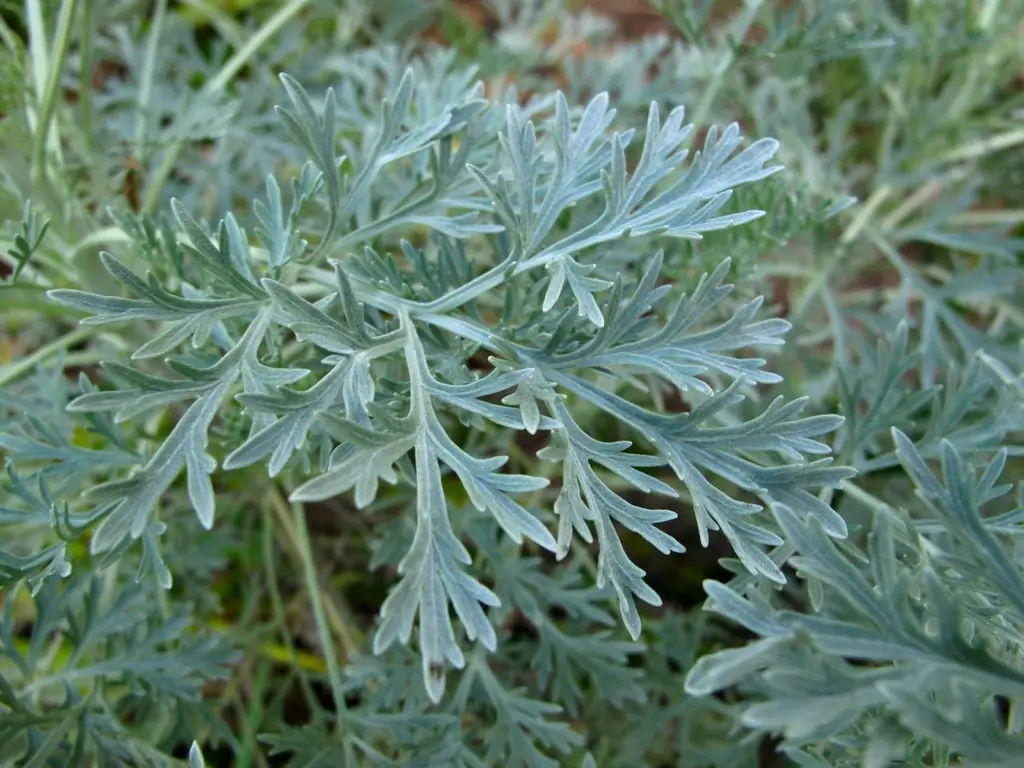
Table of contents:
- Author Bailey Albertson albertson@usefultipsdiy.com.
- Public 2023-12-17 12:53.
- Last modified 2025-01-23 12:41.
How regular wormwood can help get rid of fleas
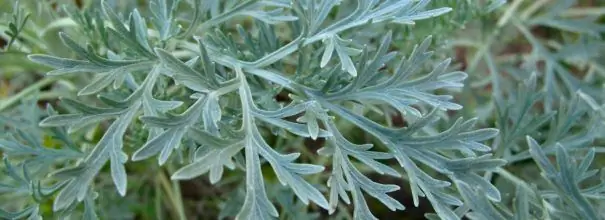
Fleas are small parasites that annoy all warm-blooded animals. They jump from one creature to another, hide in the grass, from where our four-legged friends "collect" them. They do not bite humans, but they drink a lot of blood from animals, causing severe irritation and pain. The pet can tear its skin with its claws, trying to reduce the burning sensation from the bites, and this only gets worse. Our little friends cannot cope with fleas on their own, they need our help, and even ordinary grass can help us with this. For example, wormwood. You just need to know how to use it.
Content
- 1 Wormwood - what kind of herb
-
2 How to apply wormwood from parasites in the house
- 2.1 Tincture of wormwood
- 2.2 Wormwood essential oil
- 2.3 Wormwood decoction
- 2.4 Using a fresh plant
- 3 How to treat a pet from fleas
Wormwood - what kind of herb
Wormwood resembles a medium-sized tree. It has long (up to two meters) straight stems that branch out like real trees. They are covered with countless leaves, and in July-August, yellow flowers appear, which grow in whole inflorescences. In September, the seeds ripen, with the help of which the plant reproduces.
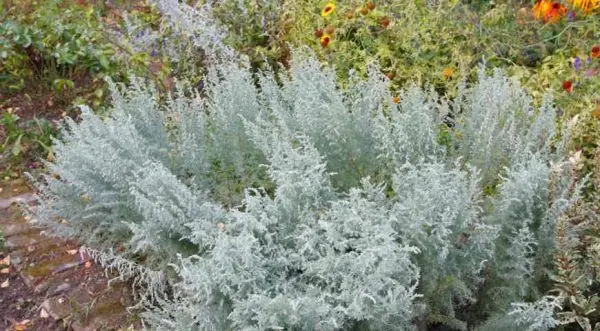
Each stem of wormwood is like a small tree
Wormwood has a very mild spicy scent that persists even after the plant has dried. But it is important to collect the grass in time, otherwise it may darken, lose its aroma, and the baskets with seeds will crumble.
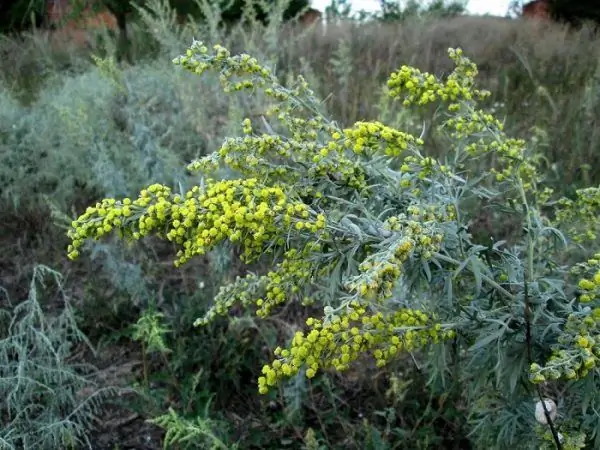
Wormwood blooms in July-August
Such attention to collection is due to the fact that it is the delicate smell of wormwood that scares away so many insects: cockroaches, ants, mosquitoes and, of course, fleas. The plant does not contain any insecticidal components, so it cannot kill parasites - only scare them away.
For fleas, you can use a fresh plant, but this is not possible in the city, therefore, dried grass is used, from which tinctures, decoctions and other insect repellents can be made. Processing wormwood allows you to reveal its aroma, but for this you need to correctly collect this plant.
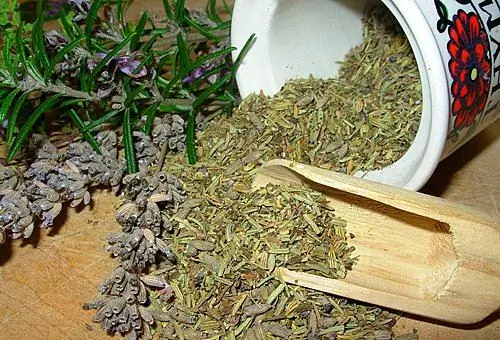
Dried wormwood can be used in decoctions and infusions from insects
Wormwood will act on insects as long as it emits its spicy aroma. If you put one of the arthropods in a jar with this plant, nothing will happen to him, but the pest will try to escape from there as soon as possible. As soon as the grass loses its smell, the “tenants” will not even notice it.
How to use wormwood from parasites in the house
Wormwood can be used not only for fleas, but also for any other insects, even as a prophylaxis. There are several of the most common forms of this plant-based remedy from the inhabitants of your pets:
- fresh or dry "brooms";
- tincture;
- broth;
- essential oil;
Each form has its own advantages and disadvantages, as well as features of use. Let's consider them separately.
Wormwood tincture
To prepare the tincture you will need:
- 100 grams of dry wormwood;
- 1 liter of ethyl 95% alcohol;
Take a one and a half liter glass jar (it must be dry), put the grass in it and fill it with alcohol. Close the container and put it in a dark place for 10-14 days.
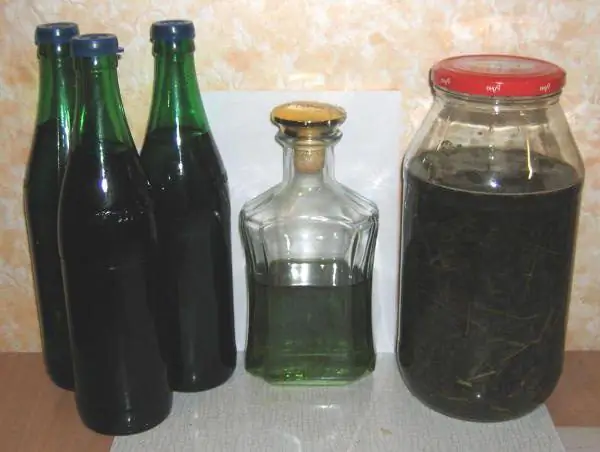
Wormwood should be insisted on alcohol in a ratio of 1:10
The tincture will have a very sharp specific smell, combining the aromas of wormwood itself and, of course, alcohol. Therefore, you need to use this tool very carefully so as not to spoil the scent of the animal. The effect of the tincture will be only if it is applied to the hair of an animal or plumage of a bird; wiping surfaces or spraying objects with tincture will not help.
After the pet's fur does not smell like wormwood or alcohol, the effect of the product will disappear.
You need to store the tincture in the refrigerator.
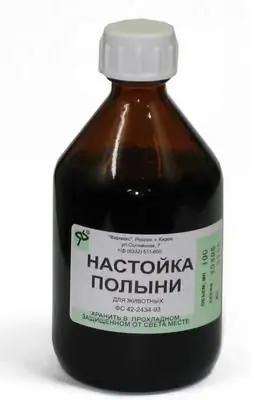
You can buy ready-made tincture of wormwood at any pharmacy
Wormwood essential oil
The essential oil has a more pronounced smell due to the special heat treatment of the plant. It is extremely difficult to obtain plant ether at home, but this is not required - it is sold in pharmacies and specialized stores.
The essential oil can cause an allergic reaction in the form of itching and burning, so it is recommended to use it to treat the entire room from fleas. It is possible to apply to the animal's fur, but you need to carefully monitor the body's reaction to the oil. At the first symptoms of an allergy, wash the oil off the coat.
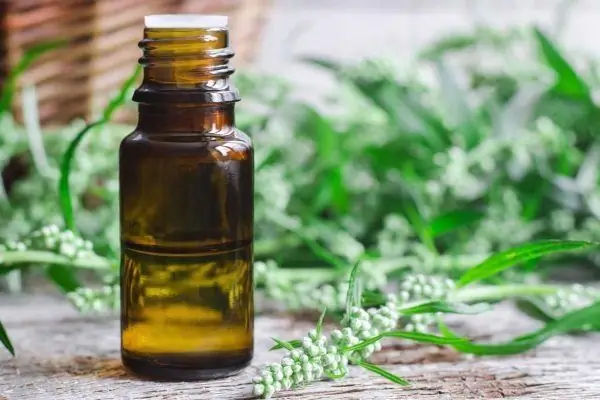
The essential oil can be applied to the coat, but you need to monitor the reaction of the animal
For a long-term result, it is necessary to pour the ether into small bowls and place them in those places from where fleas enter the house. Most often, we bring them on clothes and shoes from the street, so it is worth placing containers with oil in the hallway.
Essential oils retain the aroma of the plant for a very long time, but this remedy also needs to be replaced over time. When the smell disappears, it is necessary to pour out the oil and pour a new one into the bowls.
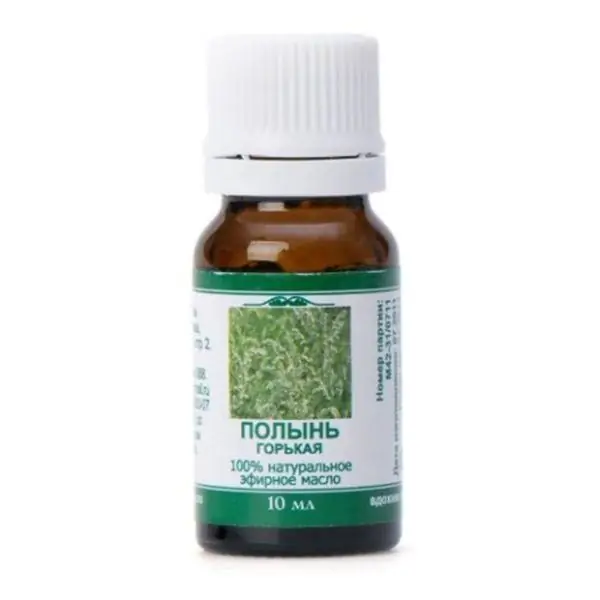
Wormwood oil can be bought at any pharmacy
Wormwood decoction
For the broth, you need to take:
- 2 tablespoons chopped wormwood
- a glass of boiling water;
Pour the wormwood into a saucepan and pour boiling water in the above proportion. Place the container on medium heat for 2-3 minutes. Then let the broth cool and strain it through medical gauze.
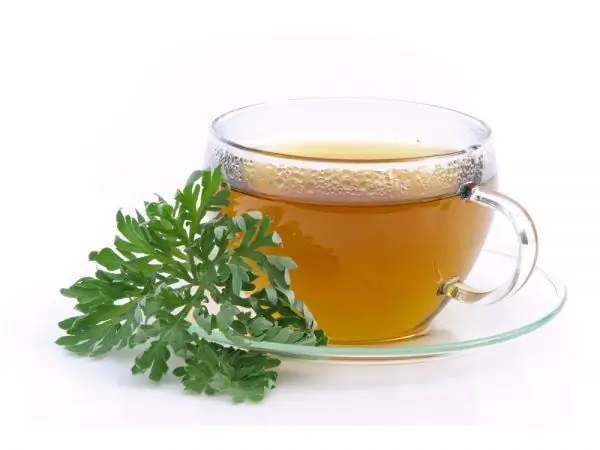
Wormwood decoction is used in folk medicine to treat a large number of diseases.
The broth does not retain the aroma of wormwood for long, so it is almost pointless to use it to cleanse the apartment from insects. It should be used after bathing your cat or dog. Hair retains odors for a long time, so the decoction will last until the next bath: the water will wash away all the aroma, and the procedure will need to be repeated.
Using a fresh plant
A fresh plant retains its properties for a long time. It can be placed in a bouquet in a vase somewhere in the hallway, through which most parasites penetrate into our house on shoes and clothes, but you should not pour water - the process of rotting of the stems will begin, and the grass will have to be thrown away after a while. If left without water, it will dry out and, if properly assembled and placed in a well-ventilated area, retain its fragrance.
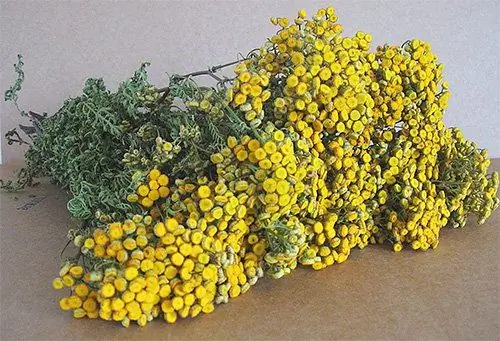
The plucked wormwood should be evenly spread throughout the house.
The best way to protect your home from insects is to spread fresh wormwood throughout the house, namely: on the windowsills (mosquitoes and flies fly through the windows), in the corridor, in rooms under ventilation (through it, cockroaches and ants penetrate houses), in the bathroom and toilet. But several conditions must be met:
- wormwood should be kept in a dry, well-ventilated room until it dries completely (then it will not matter what the conditions are);
- pets should not eat it; they will not poison themselves, they will only clear the stomach, but the problem is that they will take all the grass around the house;
Dried wormwood can be placed in vases (without water) and placed throughout the apartment.
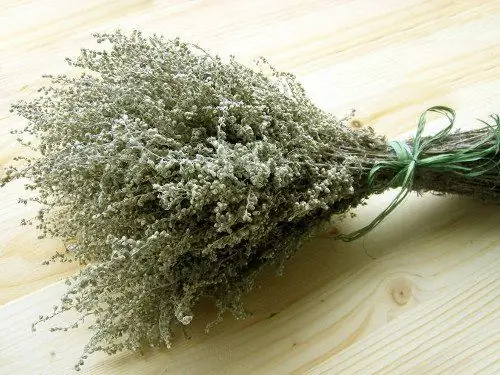
Dry wormwood retains its aroma well
Over time, dry wormwood will no longer emit its wonderful aroma - then it will have to be replaced.
How to treat a pet for fleas
Both cats and dogs and many other warm-blooded pets suffer from flea infestations. And the use of wormwood to get rid of parasites is the same for any animal. Let's analyze this using the example of a domestic cat that sometimes walks on the street.
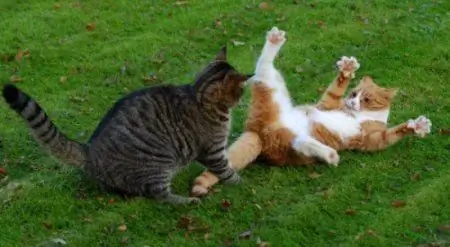
On the street, cats actively communicate with other animals, from which they can become infected with fleas
As soon as the cat comes home, the first thing to do is to redeem it: a lot of dirt, dust and debris has collected on the fur and under the claws, which the fluffy pet will spread throughout the house. And given the love of these impudent creatures to sleep on a person's bed, then there will also be decent street dirt.
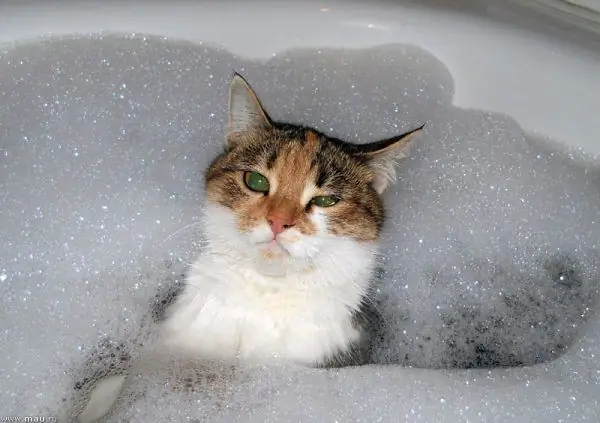
Not all cats like water treatments, but after a walk they need to be washed every time
Although cats do not like to wash, they need to be washed with some kind of product: whether it be baby or special shampoo for animals, ordinary laundry or tar soap - it does not matter. The main thing is that the coat is clean.
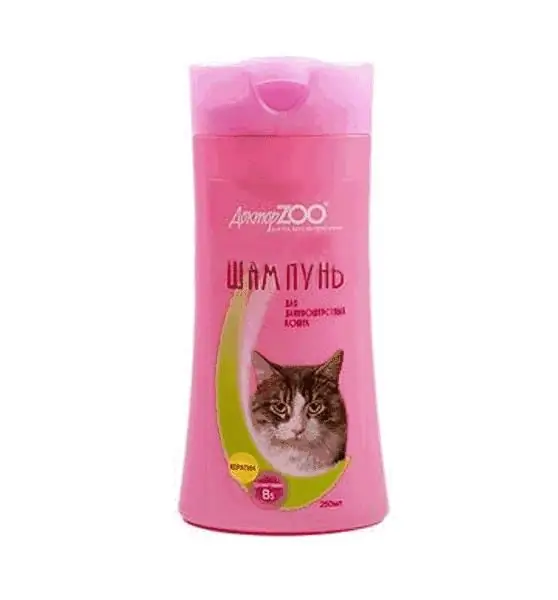
You can use a special shampoo for cats
After your pet finishes his water treatments, wipe his coat with a special (personally) towel so that it is damp, but not wet.
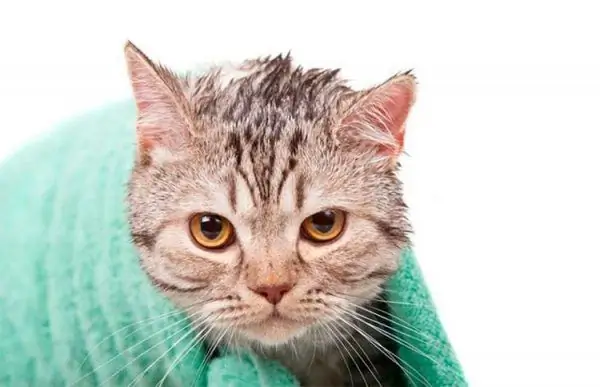
Cats love towels, but not after a bath.
Regardless of what product you use - a decoction, tincture or essential oil - it must be applied to the withers inside the wool. This is perhaps the only place where the pet cannot reach with its paw or tongue, so the agent will not enter its body. In the case of essential oils and alcoholic tinctures, this can be quite fraught.
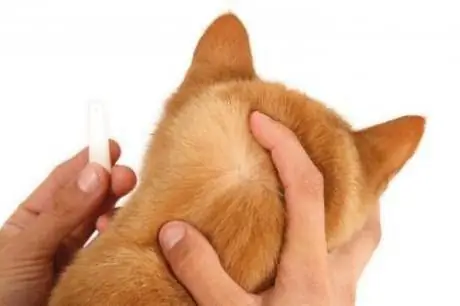
The withers are the only place where the cat will not reach
We are surrounded by countless plants that can save us from this or that problem, including the unexpected "tenants" on our pets. Traditional medicines have been tested over the years and are much safer for us and our smaller brothers than modern chemical preparations (which are often, however, more effective), since they are an environmentally friendly product. We should use what nature gives us to protect our pets, who are more susceptible to the negative effects of chemistry than we are.
Recommended:
Fleas In The Apartment: Where And How To Get Rid Of Their Appearance In The House Quickly And Efficiently Using Dichlorvos, Wormwood And Other Means + Video
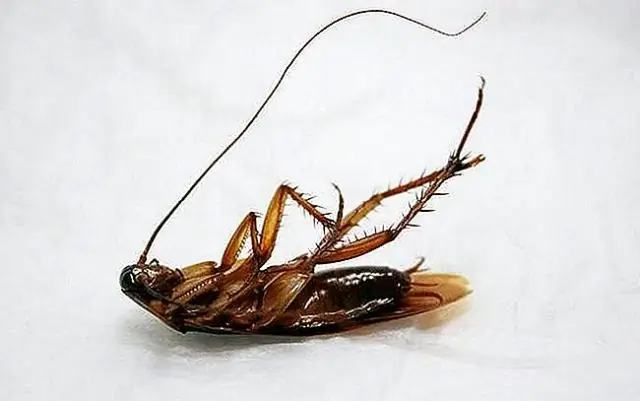
Where do fleas come from in a house or apartment and how to determine their presence. Effective ways to help get rid of parasites quickly
Hemobalance: Multivitamin Complex For Cats, Method Of Administration And Dosage, Contraindications, Reviews, Cost And Analogues
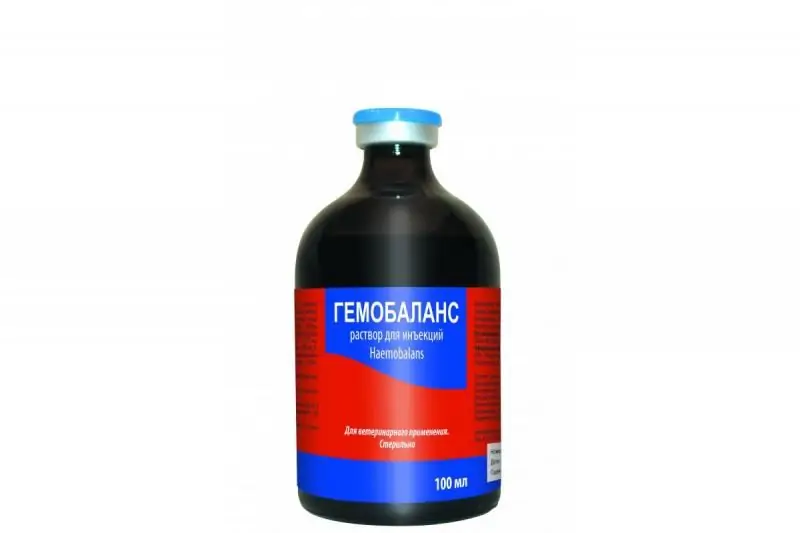
Indications and contraindications for the use of Hemobalance, comparison with analogues, reviews of animal owners and veterinarians
How To Make Friends Of Two Cats Or Cats In The Same Apartment: Features Of The Coexistence Of Adult Animals And Kittens Of Different Or The Same Sex
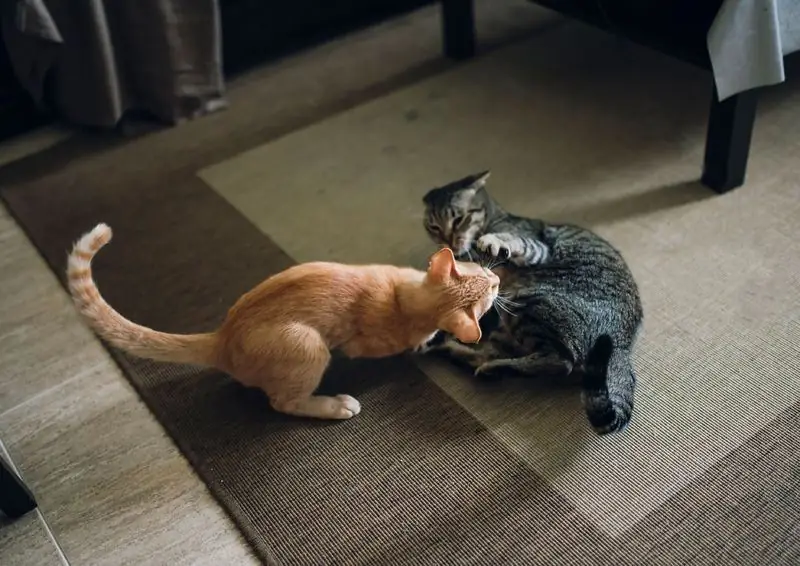
Why cats are not friends. What to do if animals fight each other. How to accustom an old-timer to a new neighbor
How To Remove Fleas From Cats And Cats At Home: How To Get Rid Of Them From Kittens And Adult Animals By Folk And Other Means, Photo
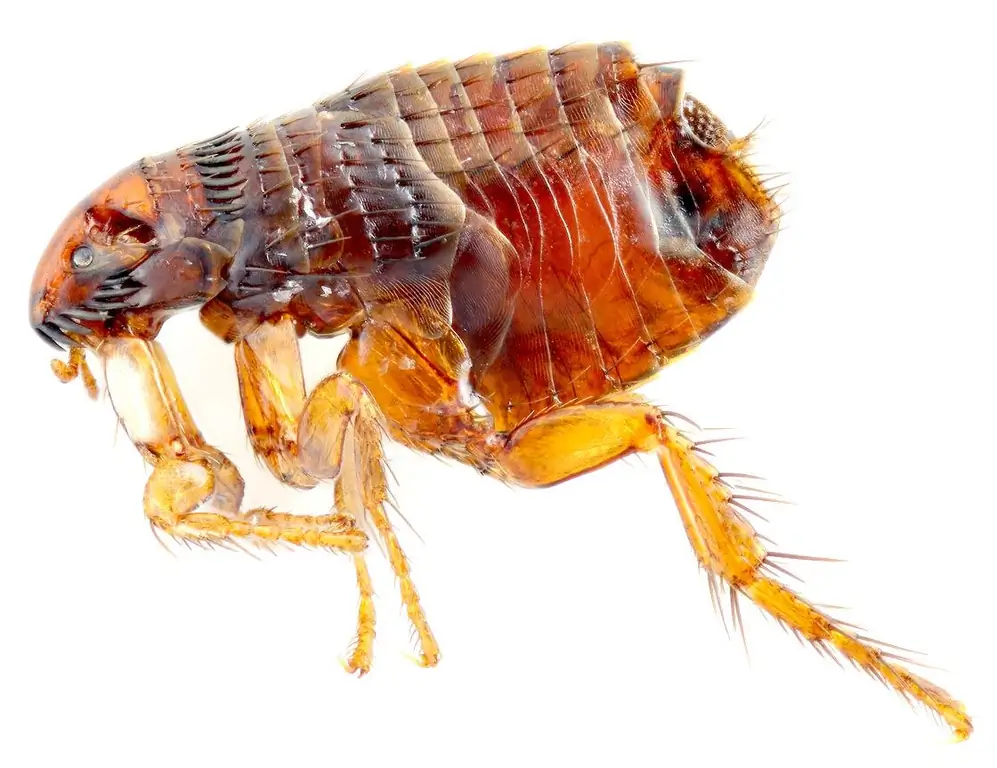
Flea life cycle. What is their danger to a cat? How to destroy fleas: drugs, folk remedies. How to prevent your pet from getting infected
Cystitis In Cats And Cats: Symptoms (blood In Urine And Others) And Treatment At Home, Medications (pills And Others), Veterinarian Advice
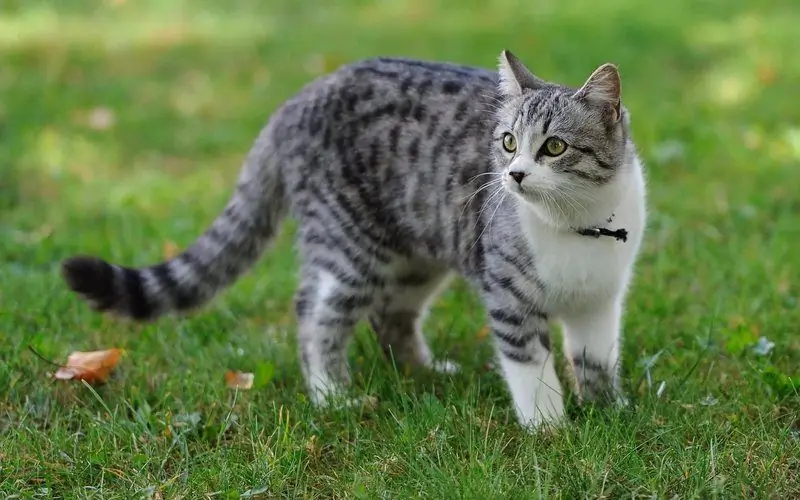
What causes cystitis, its symptoms, course forms, diagnosis, treatment. Caring for a sick cat, prevention of cystitis
